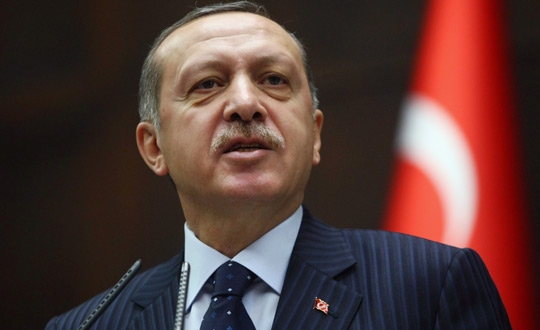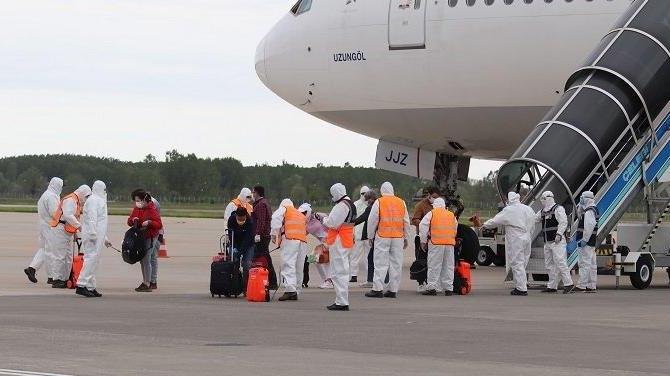Topics on the agenda of the leaders at the NATO Summit to be held in Spain

Madrid, the capital of Spain, will host the NATO summit, which will take place on June 28-30 at a critical time for the transatlantic organization. Four issues will come to the fore in the agendas of the leaders participating in the summit. These will be new measures that can be taken with the effects of the Russia-Ukraine War, applications for NATO membership by Sweden and Finland, proposals for strengthening the European structure of NATO, and China’s situation in regrads to NATO, as well as Russia.
The leaders of Australia, New Zealand, Japan and South Korea are also expected to attend part of the summit. This, in turn, is interpreted as part of the US strategy of a more ambitious Western presence in the Indo-Pacific region against China.
“We will do more to be able to defend all parts of the allied territory, at all times and against all kinds of threats,” NATO Secretary General Jens Stoltenberg said in a speech last week.
Although British and US officials have opposed the Baltic states’ demand for permanent multinational force in the region, the summit is seen as likely to reach a compromise promising rapid reinforcements.
Changing geopolitical balances and the Turkish veto
NATO, founded in 1949, has no obligation to defend the former Soviet republic member Ukraine, which is not a member of NATO, against the Soviet threat.
But the Russian invasion of Ukraine led to the situation where that Finland and Sweden, which conducted a neutral policy, applied for membership in the North Atlantic Pact as well as the candidacy of and Ukraine to join the European Union.
The inclusion of Finland and Sweden in NATO during this change in the geopolitical arena, may lead to the expansion of the alliance, which Russia is trying to prevent. However, Helsinki and Stockholm’s support for Kurdish militants in northern Syria and formations considered a terrorist organization by Turkey, such as the PKK, and the arms embargo imposed on Ankara are seen as the biggest factors in locking down the membership process.
A Turkish government official involved in the talks between the three countries and Stoltenberg told Reuters that it would be difficult to reach an agreement at the summit, and that Sweden and Finland should first address Turkey’s concerns. “There have been talks but unfortunately the steps we have been waiting for are not being taken,” the official said.
Another expert said “I think there is almost zero chance that this issue will be resolved at the Madrid summit.”





